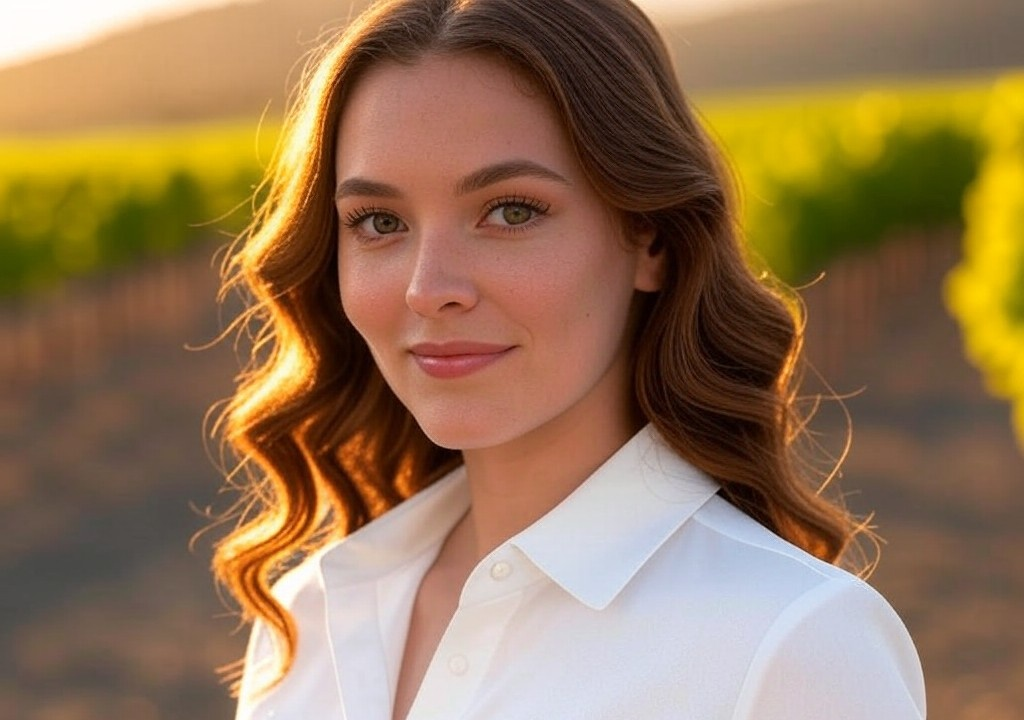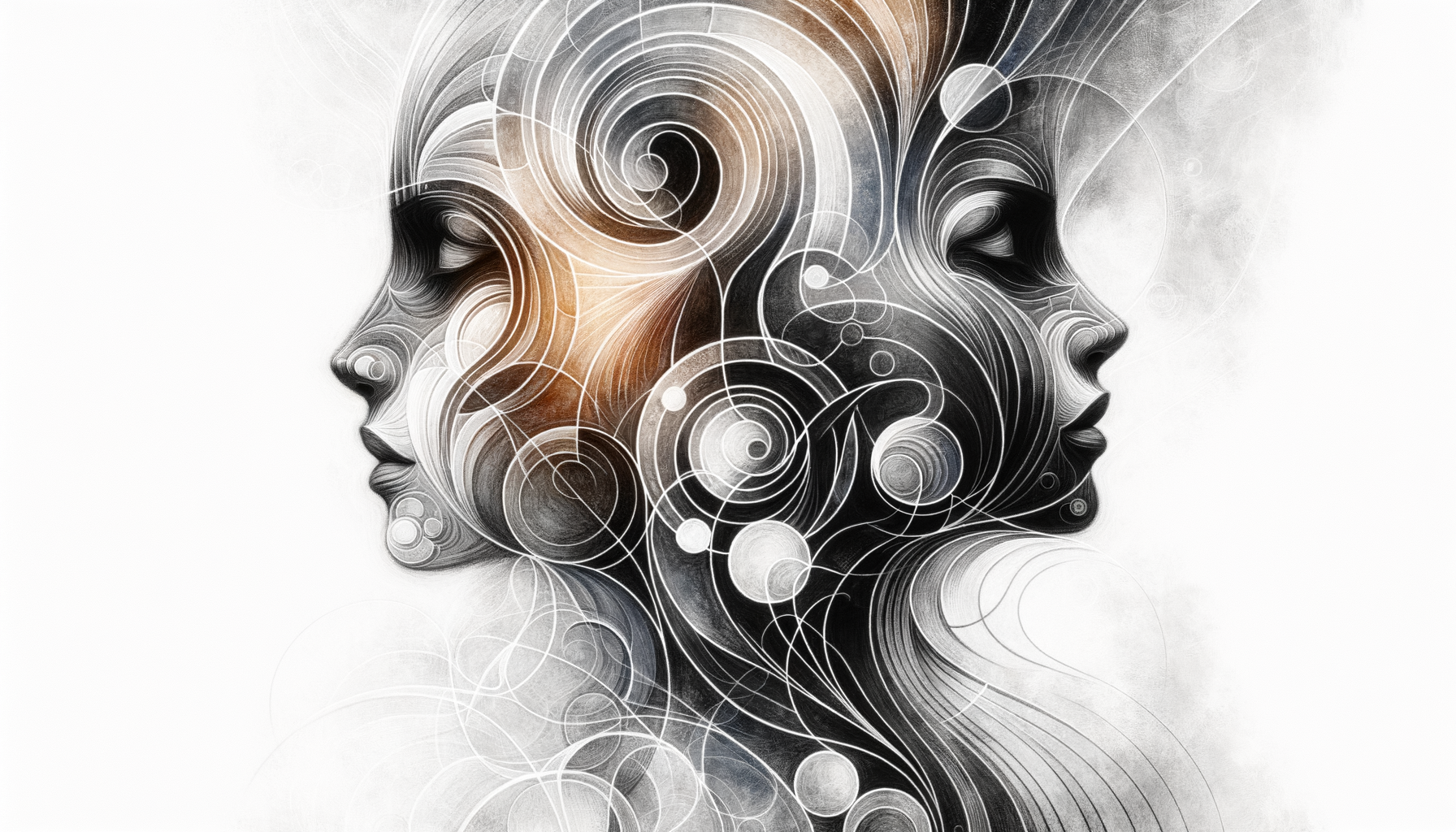It all started with a bottle of wine—or rather, thousands of them. Growing up among Napa Valley’s sun-soaked rows of vineyards, I thought everyone’s parents debated the merits of malolactic fermentation over dinner. Spoiler: they don’t. But my childhood wasn’t just wine glasses and tasting notes. It was a study in connection. Every bottle my parents poured told a story—of the soil, the season, the people. It was more than just a beverage; it was an invitation for dialogue, a way to bring people together.
Fast forward to my twenties, and I realized that relationships aren’t all that different. Like a complex Cabernet, they take time, effort, and a little finesse to truly understand. So, why write about dating and relationships? Because love (and the pursuit of it) is so much like wine—it’s beautiful, messy, unpredictable, and often benefits from a little expert advice.
The Epiphany in Yountville: Connections Over Chardonnay
Picture this: I’m 13 years old, sitting in my parents’ vineyard. Tourists have come for tastings, and I’m tagging along to "help." I overhear a couple debating whether the Sauvignon Blanc has notes of passionfruit or peach, but their conversation keeps wandering—a shared vacation memory in Santorini, a tiny fight over who last bought the wine opener (“Uh, definitely you!”). I watched their body language shift from animated to tender. They weren’t just drinking wine; they were reconnecting.
It hit me, even then, that relationships—whether with a partner, a friend, or yourself—are formed in moments like this. Through rituals, discoveries, and shared vulnerabilities. Back then, I assumed everyone rediscovered their intimacy over charcuterie boards. Now, I know these moments of connection can happen anywhere, even in the middle of a fight over Thai takeout. But in Yountville, that was the seed planted: people crave connection, and I wanted to understand how it works.
From UC Davis to Paris: A Palette for People
My time at UC Davis took me deeper into food culture, and a semester abroad studying gastronomy in France plunged me even further into the art of pairing things—flavors, textures, feelings. Much like relationships, the right pairing doesn’t just happen by accident. It comes from curiosity, experimentation, and occasionally stepping outside your comfort zone.
There’s something gloriously romantic about the care with which the French approach cooking. They don’t toss together a coq au vin without thinking about how it pairs with a particular red—or whether the company they’re serving it to will appreciate the labor of love put into it. Back then, I thought this approach was strictly culinary. But traveling showed me that extending the same care to relationships makes all the difference.
Because isn’t that what most of us are looking for? The right “pairing”? (And no, I don’t mean turning into a sommelier of Bumble matches.) If food requires the right ingredients to balance sweetness and acidity, so do partnerships. Relating became as fascinating to me as roasting the perfect duck.
Love Lessons from the Tasting Room
A few years into adulthood, I’d settled into life as a wine educator, teaching tourists why Zinfandel deserves more respect. Although I was supposed to be waxing poetic about tannins, I became more intrigued by the people walking into the tasting room.
Couples would debate ordering memberships or picking out wine glasses for their at-home dates. Friends joked about corking fails. Singles came hoping to learn something new and often struck up surprisingly profound conversations. Wine was the icebreaker, but the real stories bubbled up after a glass or two.
A man once nervously confessed to me, “I’m thinking of proposing tonight. Do you think she’d like champagne or a bold red with dinner?” A bold red, I told him. A wine with complexity that mirrored his love story: swirling with emotion, grounded in strength and patience. (He came back a year later to the vineyard with her—now his wife—beaming as they refilled their glasses with “the bold red.”)
Moments like those taught me what textbooks never could: the universal nature of vulnerability, connection, and ritual. Love, to borrow from vintner lexicon, is not a one-size-fits-all experience. It’s nuanced and subjective, requiring us to pay attention, just as we do when tasting wine.
Relationships Are Worth the Risk of Sour Bottles
Let’s be honest: no one’s relationship path is perfect. Just as there’s bound to be a corked bottle or over-sulfured rosé, there’s going to be a bruised ego or an awkward misstep in love. I’ve had my share—weeks of awkward texts, breakups over coffee stained napkins, and ill-fated “situationships” that fizzled faster than a cheap prosecco.
But here’s the thing: even the sour bottles teach you something. Like how a bad wine sharpens your appreciation for the knock-your-socks-off vintage, missteps in relationships teach you what matters most. Patience, communication, and a willingness to evolve. Even now, I carry lessons from those heartbreaks—the importance of timing, gratitude, and crafting a relationship where both parties feel valued.
When I began officially writing about dating, these early stumbles became my material. Why? Because every reader has had that “what was I thinking?!” date or the butterflies before a great one. My goal was, and always is, to meet readers right where they are—whether they’re decoding their partner’s love language or wondering if they’re better off single for a while.
Practical Pairing Advice (For Love, Not Lunch)
From years of living this—and spilling some of my heart into wine-stained notebooks—I’ve found some parallels that might just lead to stronger relationships:
- Taste Test Before You Commit: A seven-course date sounds exciting in theory, but not if you haven’t checked if you’re both hungry for the same thing. In love, as in life, shared values save a lot of heartache.
- Don’t Fear the Aeration Period: Wine sometimes needs time to breathe before it shines. People need time, too. Rushing a relationship bypasses the nuance of getting to know someone. Let things unfold naturally.
- Read the Label, but Save Room for Surprise: Sure, someone may look “perfect on paper,” but remember: a wine’s label never tells the full story of its flavors. Keep an open mind, especially if something feels off-script.
Life, love, and wine all flourish with time and care. Learn from the "meh" experiences, savor the good ones, and remember: not all lessons need to be taken so seriously.
What Napa (and Life) Taught Me About Love
What I learned growing up surrounded by world-class wine is that beauty exists in the ordinary: conversations over cracked baguettes, shared laughter on patio chairs, the first sip from a bottle that smells like summer. And if there’s one takeaway from my trajectory—from wine tasting to soul-connecting—it’s this: relationships deserve this level of intentionality.
Just like wine, love evolves. Sometimes it surprises you with unexpected depth; other times, it’s simply delightful in its simplicity. Whether you’re ready for the next stage in your relationship or just dipping your toes into dating, remember to bring curiosity, generosity, and a touch of humor.
In wine—and in love—there are plenty of vintage moments just waiting to be uncorked. Here’s to whatever's next in your journey. Cheers.




















